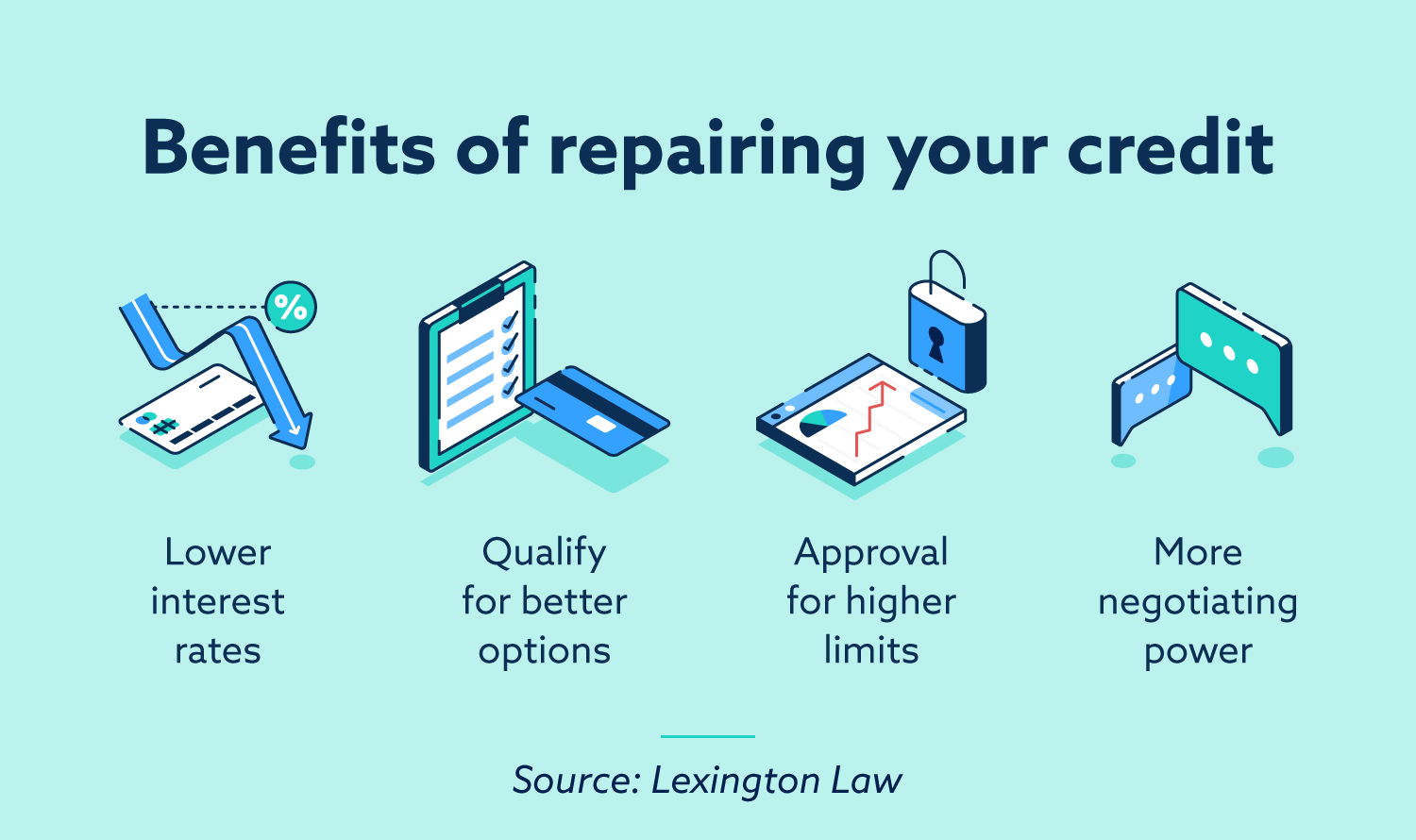So you’ve heard the term “credit repair” thrown around, but you’re not exactly sure what it means. Well, fret no more because we’re here to give you the lowdown on what credit repair is all about. In a nutshell, credit repair is the process of improving or fixing your credit score by addressing any errors, inaccuracies, or negative items that may be dragging it down. It’s like giving your credit health a much-needed makeover! In this article, we’ll break it down for you and explain everything you need to know about credit repair, step by step. Let’s get started!
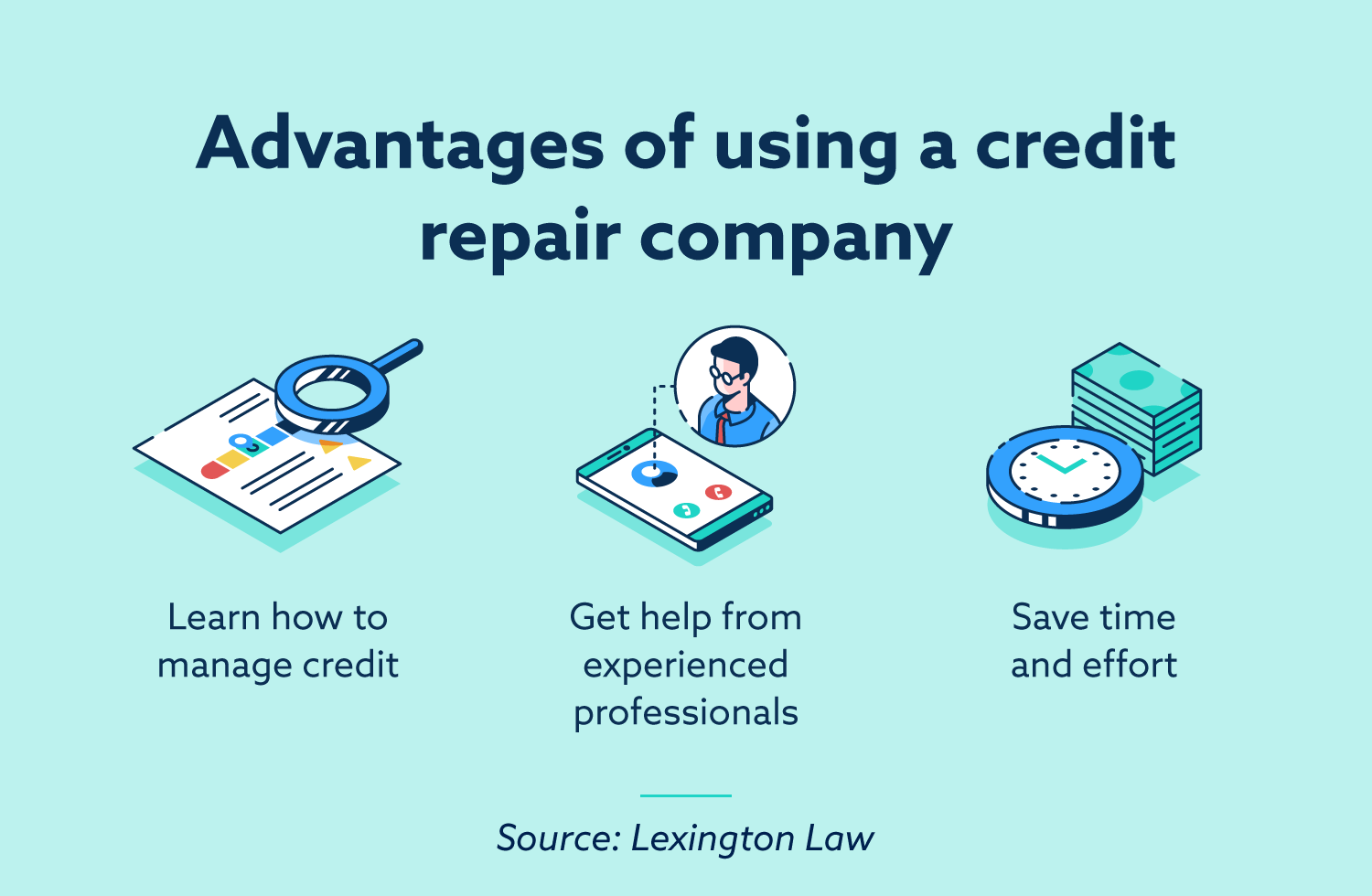
What is Credit Repair
Definition of Credit Repair
Credit repair refers to the process of improving or restoring an individual’s creditworthiness. It involves addressing and resolving any negative information or errors present in a person’s credit history. The goal of credit repair is to enhance one’s credit score and overall financial profile, thus increasing the likelihood of obtaining credit approvals, better interest rates, and favorable loan terms.
Importance of Credit Repair
Credit repair is essential because it directly impacts an individual’s financial well-being. A good credit score is crucial when applying for loans, mortgages, credit cards, or even renting an apartment. It serves as a financial reputation check, indicating how trustworthy and responsible a person is in managing their financial obligations. By repairing and improving their credit, individuals can open up opportunities for better borrowing options, lower interest rates, and a positive financial future.
What Credit Repair Isn’t
Credit repair is often misunderstood, leading to misconceptions about its purpose and process. It’s important to clarify what credit repair is not. It is not a quick fix that magically erases all negative information from a credit report overnight. It does not involve illegal or unethical practices like creating a new identity or fraudulent activities. Credit repair is a legitimate and lawful process that focuses on addressing and resolving inaccuracies, errors, or outdated information in a person’s credit history.
Myths and Misconceptions about Credit Repair
Many myths and misconceptions surround credit repair, which can deter individuals from seeking help. One common myth is that credit repair companies can instantly remove accurate negative information from a credit report. In reality, credit repair companies operate within the limits of the law and can only dispute inaccurate or unverifiable information. Another misconception is that credit repair is only for people with bad credit. Credit repair can benefit individuals with varying credit scores, as it aims to improve and optimize one’s credit profile. It’s important to separate myths from facts when considering credit repair options.
The Credit Repair Process
Assessing Your Credit Situation
To start the credit repair process, it’s crucial to assess your current credit situation. This involves obtaining your credit reports from the three major credit bureaus – Equifax, Experian, and TransUnion. Carefully review each report for any discrepancies, errors, or negative information that may be affecting your credit score.
Identifying Credit Issues
Once you have your credit reports, identify any credit issues that need to be addressed. This may include late payments, high credit utilization, collections, bankruptcies, judgments, or liens. Make a list of all the negative items that are impacting your credit and prioritize them based on severity and likelihood of successful removal.
Creating a Credit Repair Plan
Once you have identified the credit issues, it’s time to create a credit repair plan. Determine the specific actions you need to take to address each negative item on your list. This may involve contacting creditors or collection agencies to negotiate payment arrangements, submitting dispute letters to credit bureaus, or seeking professional help from a reputable credit repair company.
Implementing the Plan
With a credit repair plan in place, it’s time to implement the necessary actions. Be proactive in contacting creditors or collection agencies to resolve outstanding debts or negotiate payment plans. Send dispute letters to credit bureaus for any inaccuracies or errors you have identified. Keep track of all correspondence and ensure you follow up on each item to ensure progress is being made.
Monitoring Progress
As you work through the credit repair process, it’s essential to monitor your progress regularly. Keep track of any changes made to your credit reports, including the removal of negative items or updates to inaccurate information. Stay vigilant and continue to review your credit reports to ensure all improvements are accurately reflected.
Common Credit Issues
Late Payments
Late payments can have a significant negative impact on your credit score. They can occur when you fail to make the minimum payment by the due date or when you miss a payment entirely. To avoid late payments, set up reminders or automatic payments, and make it a priority to pay bills on time.
High Credit Utilization
High credit utilization occurs when you have a significant amount of outstanding debt compared to your available credit limits. This can negatively affect your credit score. To improve this issue, focus on paying down your debt and keeping credit utilization below 30% of your available credit.
Collections and Charge-Offs
Collections and charge-offs occur when a creditor gives up on collecting a debt and sells it to a collection agency. These negative items can significantly impact your credit score. To address collections and charge-offs, contact the collection agency to negotiate payment arrangements or consider settling the debt for a lower amount.
Bankruptcies
Bankruptcies result from an individual’s inability to repay their debts and can have a severe impact on credit. While bankruptcies will remain on your credit report for several years, they are not permanent. Taking steps to rebuild your credit and establish positive financial habits can help overcome the negative effects of bankruptcy over time.
Judgments and Liens
Judgments occur when a court orders an individual to pay a debt, while liens grant a creditor the right to take possession of a person’s property if the debt remains unpaid. Both judgments and liens can significantly harm your credit. To address these issues, consult with a legal professional to explore your options for resolving or removing them.
Identity Theft
Identity theft involves someone fraudulently using your personal information to make unauthorized transactions or obtain credit. This can lead to negative items on your credit report. If you suspect identity theft, immediately report it to the relevant authorities, place a fraud alert on your credit reports, and work with the credit bureaus to remove any fraudulent accounts.
Understanding Credit Scores
What is a Credit Score
A credit score is a numerical representation of an individual’s creditworthiness. It is generated based on the information in their credit report and helps lenders assess their risk when extending credit. The most commonly used credit scoring model is the FICO Score, ranging from 300 to 850. The higher the credit score, the better the individual’s creditworthiness.
Factors Affecting Credit Scores
Several factors influence credit scores, including payment history, credit utilization, length of credit history, credit mix, and new credit inquiries. Payment history has the most significant impact on credit scores, followed by credit utilization. It’s important to establish a track record of on-time payments, keep credit card balances low, maintain a diverse mix of credit accounts, and limit new credit applications to avoid negatively impacting credit scores.
Importance of a Good Credit Score
Having a good credit score is critical as it directly affects an individual’s financial opportunities and borrowing power. A high credit score increases the likelihood of loan approvals, better interest rates, and favorable terms. It also signifies responsible financial behavior and allows individuals to access better credit options, such as premium credit cards or favorable mortgage rates.
Credit Score Ranges
Credit scores are typically categorized into ranges to help assess creditworthiness. While credit score ranges may vary slightly among different credit scoring models, a general breakdown is as follows:
- Excellent: 800-850
- Very Good: 740-799
- Good: 670-739
- Fair: 580-669
- Poor: 300-579
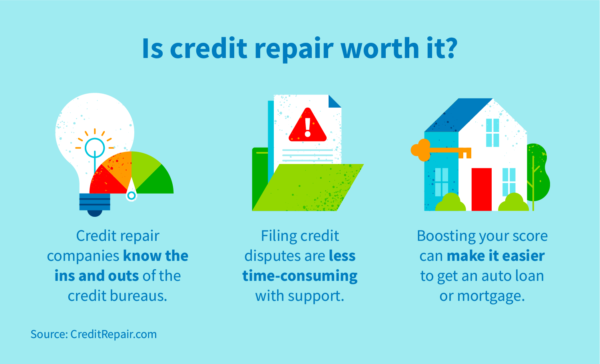
Legality and Regulations of Credit Repair
The Credit Repair Organizations Act (CROA)
The Credit Repair Organizations Act (CROA) is a federal law that regulates the credit repair industry and protects consumers. It outlines specific requirements for credit repair companies, such as providing written contracts, certain disclosures, and limitations on upfront fees. Under CROA, credit repair companies are prohibited from making false claims or misleading representations about their services.
Avoiding Credit Repair Scams
While there are reputable credit repair companies, it’s crucial to be cautious and avoid scams. Red flags to watch out for include upfront fees before any services are provided, guarantees of specific outcomes, or pressure to provide false information. Research and choose credit repair companies carefully, ensuring they are legitimate, credible, and comply with industry regulations.
DIY vs. Professional Credit Repair
Individuals have the option to pursue credit repair on their own or seek professional assistance. DIY credit repair involves personally handling the process, including reviewing credit reports, identifying and disputing inaccuracies, and negotiating with creditors. Professional credit repair involves hiring a reputable credit repair company to handle the process on your behalf. While DIY can save money, professional assistance can provide expertise, save time, and potentially yield better results.
How to Choose a Reputable Credit Repair Company
When selecting a credit repair company, it’s essential to consider several factors. Look for companies with a proven track record of success, positive customer reviews, transparent pricing, and clear communication. Verify their compliance with CROA and ensure they do not make unrealistic promises. Choose a credit repair company that provides personalized attention and a comprehensive approach to credit repair.
Building Good Credit Habits
Paying Bills on Time
One of the most crucial habits for good credit is consistently paying bills on time. Late payments can have a significant negative impact on credit scores, so making on-time payments should be a top priority. Utilize reminders, set up automatic payments, or establish a budgeting system to ensure bills are paid promptly.
Managing Credit Utilization
Maintaining a healthy credit utilization ratio is vital for good credit. It is recommended to keep credit card balances below 30% of the available credit limit. Paying down debts and avoiding excessive spending can contribute to a lower credit utilization ratio and positively impact credit scores.
Diversifying Credit
Having a diverse credit mix can demonstrate responsible credit management and positively impact credit scores. Aim for a healthy mix of credit accounts, such as credit cards, loans, and mortgages. However, it’s important to only take on credit accounts that can be managed responsibly.
Regularly Checking Credit Reports
Regularly checking credit reports is essential for detecting and addressing any inaccuracies or fraudulent activity. Monitoring credit reports can help identify potential credit issues, spot errors, and prevent identity theft. Utilize the free annual credit reports available from each major credit bureau and consider subscribing to credit monitoring services for real-time updates.
Responsible Borrowing and Spending
Practicing responsible borrowing and spending habits is crucial for maintaining good credit. Minimize unnecessary debt and carefully consider the financial implications of borrowing before entering into any credit agreements. Keep a balanced approach to credit usage and only borrow what can be comfortably repaid.
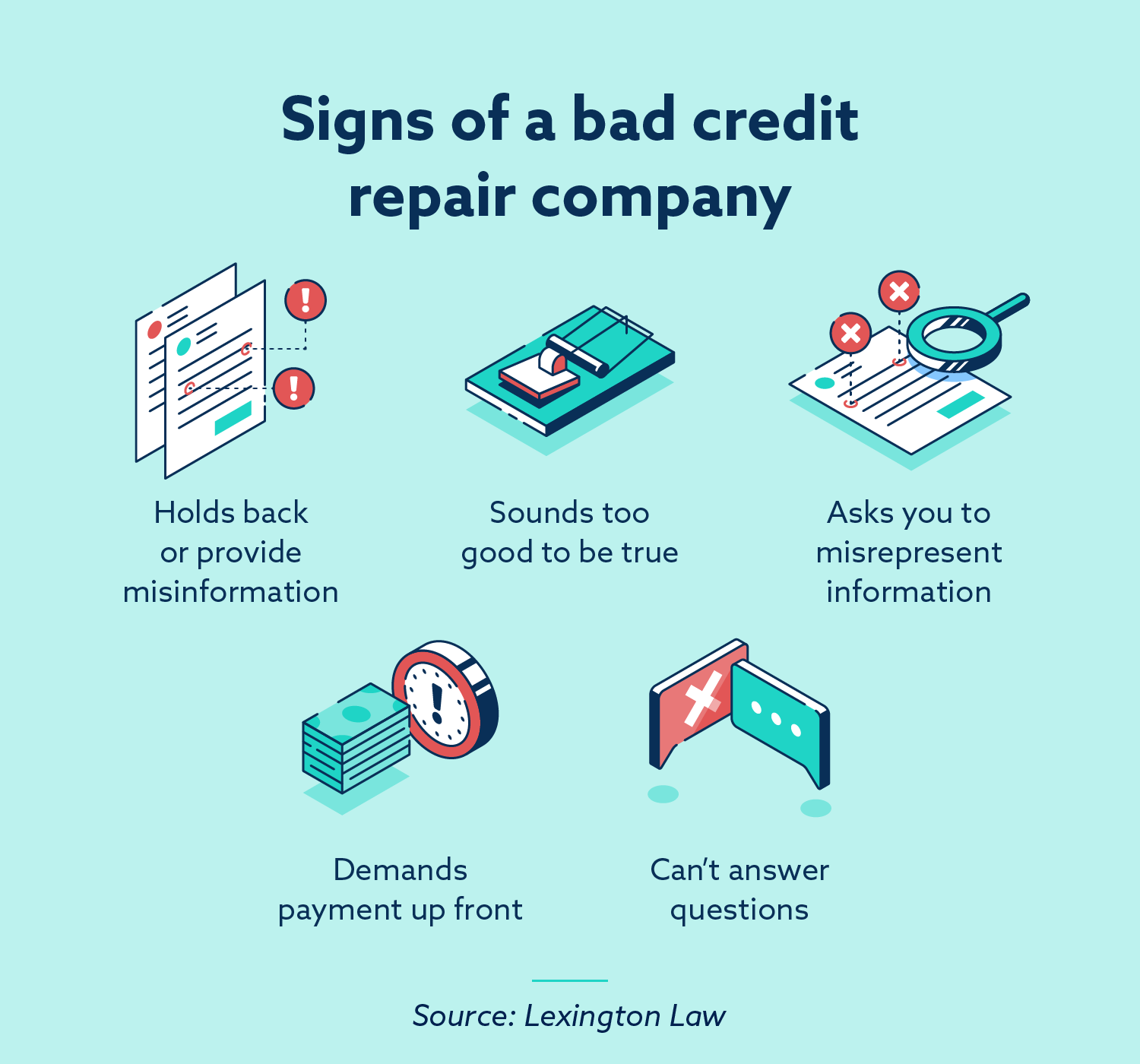
Credit Repair vs. Credit Counseling
Differences Between Credit Repair and Credit Counseling
Credit repair and credit counseling serve different purposes. Credit repair focuses on improving an individual’s credit by addressing inaccuracies, errors, or outdated information in their credit history. It aims to remove or rectify negative items impacting credit scores. On the other hand, credit counseling provides guidance and assistance to individuals struggling with debt management, budgeting, and financial education. Credit counseling aims to help individuals establish healthy financial habits and develop strategies for repayment.
When to Choose Credit Repair
Credit repair is suitable for individuals who have identified inaccuracies, errors, or questionable information on their credit reports. It is also beneficial for those looking to improve their credit scores in preparation for major financial decisions, such as obtaining a mortgage or applying for a loan. When credit issues are specific to the accuracy of information rather than debt management, credit repair is the appropriate choice.
When to Choose Credit Counseling
Credit counseling is recommended for individuals facing overwhelming debt, struggling with budgeting, or seeking financial guidance. Credit counseling agencies offer debt management plans, debt repayment strategies, and educational resources to help individuals regain control of their finances. If the primary concern is managing debt rather than addressing credit report inaccuracies, credit counseling is the suitable option.
DIY Credit Repair Strategies
Reviewing Credit Reports
The first step in DIY credit repair is obtaining and reviewing your credit reports from the three major credit bureaus. Carefully examine each report for inaccuracies, errors, or outdated information that may be negatively impacting your credit. Make note of any items that need to be disputed or corrected.
Disputing Inaccurate Information
When disputing inaccurate information, you can initiate the process by submitting a dispute letter to the credit bureaus. Clearly state the specific error or inaccuracy, provide any supporting documentation if available, and request that the item be corrected or removed. Follow up with the credit bureaus to ensure the proper investigation and resolution of your dispute.
Negotiating with Creditors
If you have outstanding debts or delinquent accounts, consider negotiating with your creditors. Reach out to them directly to discuss payment arrangements, debt settlement options, or potential removal of negative items upon settlement. Negotiating in good faith can lead to mutually beneficial arrangements and potentially improve your credit.
Dealing with Collections
If you have accounts in collections, it’s important to address them promptly. Contact the collection agency to discuss payment options or negotiate a settlement. Request written confirmation of any agreements reached and ensure that any paid collection items are reflected accurately on your credit reports.
Managing Credit Accounts
Maintaining and managing your credit accounts responsibly is crucial for DIY credit repair. Make consistent, on-time payments, avoid maxing out credit cards, and keep credit utilization low. Regularly review your credit reports to ensure that all positive changes are being reflected accurately and continue practicing good credit habits.
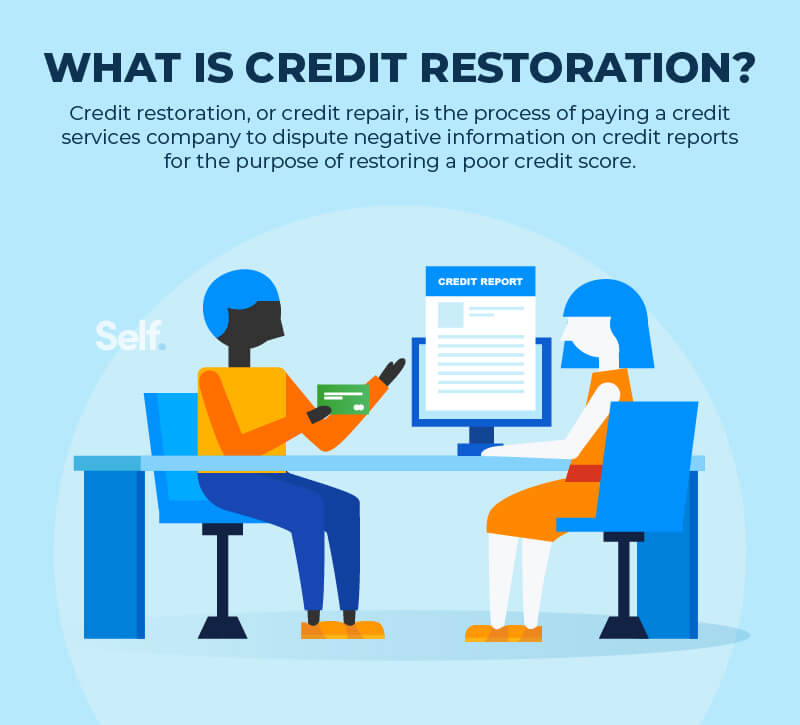
Benefits of Credit Repair
Improved Credit Scores
One of the primary benefits of credit repair is the potential for improved credit scores. By addressing negative items and inaccuracies on your credit report, you can increase your creditworthiness, resulting in higher credit scores. Improved credit scores can open doors to better borrowing options, lower interest rates, and increased financial opportunities.
Access to Better Credit Options
Repairing your credit can provide access to better credit options. With a improved credit profile, you are more likely to be approved for loans, mortgages, or credit cards with favorable terms and conditions. This can include lower interest rates, higher credit limits, and waived fees or penalties.
Lower Interest Rates
A key advantage of credit repair is the potential for lower interest rates on credit products. Lenders determine interest rates based on an individual’s creditworthiness. By improving your credit through credit repair, you can demonstrate responsible financial behavior and potentially qualify for lower interest rates on loans, mortgages, or credit cards. Lower interest rates can save you significant amounts of money over time.
Positive Financial Impact
Credit repair can have a positive financial impact on your life. By improving your creditworthiness, you gain the ability to secure better financial opportunities and options. This can include achieving personal goals such as buying a home, starting a business, or having greater financial security. Repairing your credit puts you on a path to long-term financial success and stability.
Conclusion
Empowering yourself with credit repair knowledge is crucial for taking control of your financial future. Understanding what credit repair entails, the credit repair process, and common credit issues enables you to address negative items on your credit reports, improve your credit scores, and access better financial opportunities. Whether you choose DIY credit repair strategies or engage a reputable credit repair company, the goal remains the same – to enhance your creditworthiness and secure a positive financial future. Take the necessary steps to build good credit habits, regularly monitor your credit, and make informed decisions regarding credit repair and counseling. By doing so, you are setting yourself on a path to financial success and stability.
